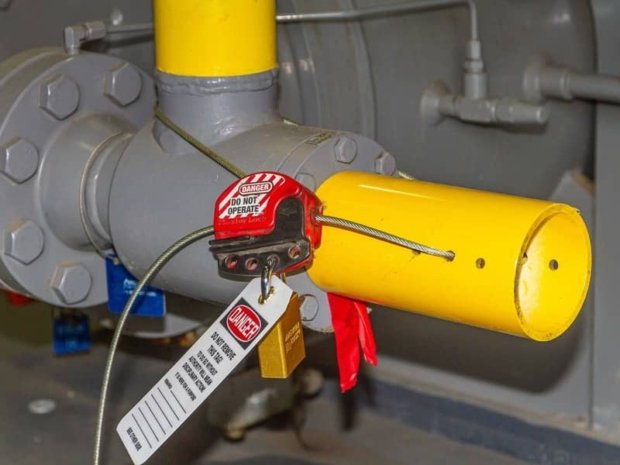Ergonomics plays a major role in construction because most tasks rely on physical strength, repetitive movement, and awkward positions. When workers understand how to move, lift, and operate tools in safer ways, the entire job site becomes more produ
Legal Consequences of Ignoring Lockout/Tagout in Construction
Worker Safety • OSHA Compliance • Electrical Hazards Table of Contents Introduction What is Lockout/Tagout in Construction? OSHA Regulations Covering LOTO Common LOTO Violations in Constru
OSHA Exit Routes and Emergency Plans Explained
Simple guidance to meet OSHA rules and protect workers in real emergencies ⏱️ 8–9 min read | Updated: September 3, 2025 Table of Contents OSHA Standards Overview Exit Routes: What OSHA Requires Emergency Action Plans: Req
OSHA’s Position on Impairment at Work: What Employers Must Know About Depressants
Workplace safety depends on clear thinking, alertness, and the ability to react quickly. When employees are impaired, even for a short time, the risk of accidents rises sharply. This is why the Occupational Safety and Health Administration (OSHA) pay
Workplace Drug and Alcohol Policies: Legal Requirements for U.S. Employers
Creating and maintaining a workplace drug and alcohol policy is not only about promoting safety but also about following the law. U.S. employers must meet federal, state, and sometimes industry-specific rules when building such policies. A clear poli
FMCSA Roadside Inspections: Understanding the Six Levels and What They Cover
If you drive a commercial motor vehicle (CMV) in the United States, you may face roadside inspections at any time. These inspections are conducted under the authority of the Federal Motor Carrier Safety Administration (FMCSA) to check compliance with
Record Retention Laws for Dietary Supplement Companies: How Long Should You Keep Your GMP Records?
/* ===== Base ===== */ #ds-cgmp-metro{ --ink:#101418; --muted:#3a4752; --ring:rgba(16,20,24,.14); --shadow:0 14px 30px rgba(16,20,24,.08); --radius:18px; --accent:#1e90ff; --accent2:#10b981; font-family:Inter,ui-s
What the Law Says About Defensive Driving for Employees Using Company Vehicles
If you drive a company vehicle for work, how you drive matters, not just to your safety, but also legally. Your actions on the road can affect your employer and your own record. This guide breaks down what the law says about defensive driving for emp
OSHA Incident Reporting Requirements: What Must Be Reported and When?
Workplace safety is a legal and moral responsibility. In the United States, the Occupational Safety and Health Administration (OSHA) sets clear rules on what employers must report when something goes wrong. If a worker is seriously hurt or dies,
Legal Storage Requirements for Corrosive Chemicals in Laboratories and Workplaces
Corrosive chemicals, like strong acids and bases, are commonly used in labs, manufacturing, and maintenance facilities. But if they are not stored properly, they can cause serious injuries, property damage, and even fires or explosions.To prevent acc












